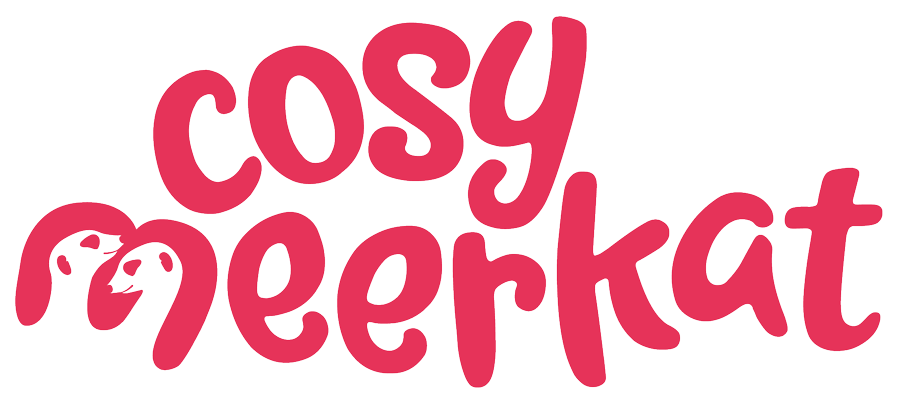Powering purpose: how it can revolutionise the workforce
Purpose. Human beings have always needed it. It makes us happier, healthier and, according to research, wealthier too. But until very recently it wasn’t regarded as important in the world of work. Not so anymore. Having purpose is now on a par with good pay when it comes to what job seekers want from an employer. So much so that many of our most successful business leaders believe that having a purpose beyond simply making a profit has been crucial to their company’s success. What’s behind this? And what can you do if you feel your organisation needs to give employees a sense of purpose so that you don’t get left behind?
The search for purpose at work – why is it so important now?
Back in the olden days (we’re thinking the industrial revolution onwards), work was transactional – employers needed people to do the hard labour and workers needed to put food on the table. Fast forward to today and our society is better educated and wealthier than it’s ever been, and decent working conditions and pay are considered a basic right. It means people have the luxury of feeling they have the right to want more out of life. Our jobs have become part of our identities and we spend so much time at work we naturally look to it to give us purpose.
So is it the youngsters – Gen Z – driving this?
Not quite. It is true that having purpose is more important to Gen Z than older generations – according to a survey from Monster, 74% of Gen Z say purpose is more important than salary. Yet 70% of Millennials also said that. And for Gen X that figure was 66%, while for the Baby Boomers it was 67%. Basically, it doesn’t matter your age, nowadays most of us want purpose at work. And if you’re an employer wanting to hire the brightest and best you ignore those statistics at your peril, because all the surveys also show that for Gen Z, more than any others, if they’re not satisfied with what you have to offer they will go elsewhere.
How, then, to create purpose at work?
One of the most important things to recognise, particularly if you work for a business which doesn’t have an immediately obvious higher purpose, is that purpose will mean different things to different people. Yes, it might be nice to work for an organisation which clearly contributes towards society or fights climate change. But for many people being able to use their skills or creativity at work will give them purpose. As will feeling like they’re important, not just to the company, but to the people they work with closely – their team and their line manager. And it’s not just knowledge-based jobs where people can find purpose either. Think back to the pandemic – where would we have been without all the supermarket workers and delivery drivers, for example? What matters is making sure people know their job is important and that it feeds into something bigger. That’s where we come in as communications professionals! Through our comms, we:
clearly define and communicate our company’s (or client’s in our case) purpose
connect individual roles to the bigger picture
encourage open (and two way) communication
promote a positive work culture
provide professional development opportunities.
Defining your greater purpose
For most companies this is their published mission statement. A good mission statement tells the world (and your employees) why the company should exist. And it does this in a way that’s credible, authentic, compelling and meaningful.
Here’s a few from some companies you might recognise:
· Patagonia: ‘In business to save our home planet.’
· Lego: ‘Inspire and develop the builders of tomorrow.’
· Google: ‘Organise the world’s information and make it universally accessible and useful.’
· Disney: ‘Entertain, inform and inspire people around the globe through the power of unparalleled storytelling…’
From the outside looking in, these are brilliantly purposeful mission statements. The hard part is reflecting that purpose inside too. When it’s unique and powerful, and felt both inside and out, a good mission statement can make current and prospective employees see exactly why they want to get up in the morning to come and work for you. And if you want a case study of how having a purpose can transform how a company operates, this article in the Harvard Business Review from the former CEO of Best Buy is worth a read. His advice on what to think about when you’re trying to define your purpose also happens to be something we would agree with. In a nutshell, you need to ask yourself the following four questions and it’s where they overlap that you’ll find your organisation’s purpose:
· What does the world need?
· What are people in the company passionate about?
· What is the company uniquely good at?
And:
· How can the company create economic value from these considerations?
In many ways, creating the mission statement is the easy part. And internal v external audiences are different beasts. Embedding it, allowing people to make it their own and creating a culture which supports it at every step – that’s the hard bit. But it’s also where internal comms can shine. Those of us who work in this industry are lucky to do what we do. Because it is within our gift (albeit working with direction from the top) to listen to employees, and to define and create purpose in the places we work and communicate it so that everyone who works with us understands the role they play and becomes happier and more satisfied as a result.
And for an internal comms professional what greater purpose is there than that?
(Photo by Magda Ehlers: https://www.pexels.com/photo/colorful-cutouts-of-the-word-purpose-4116640/)
